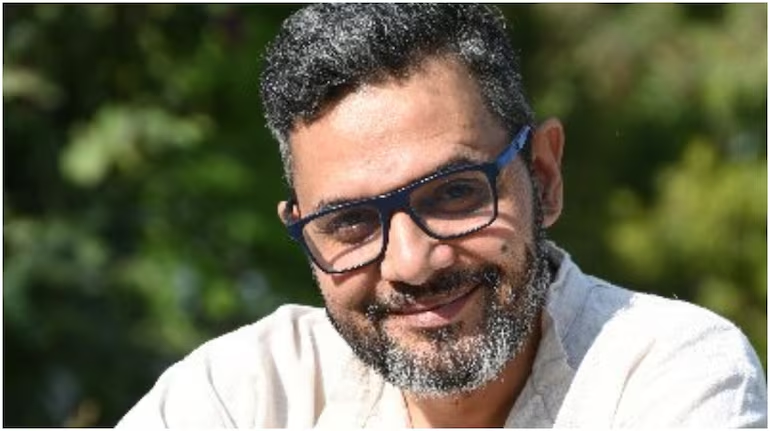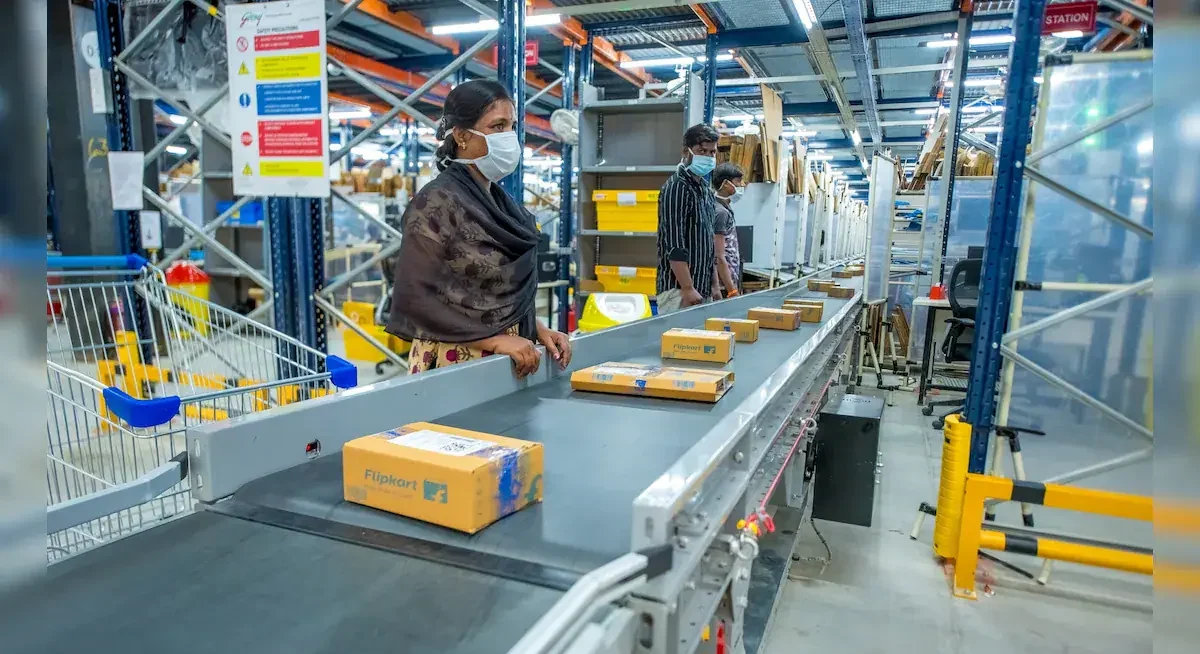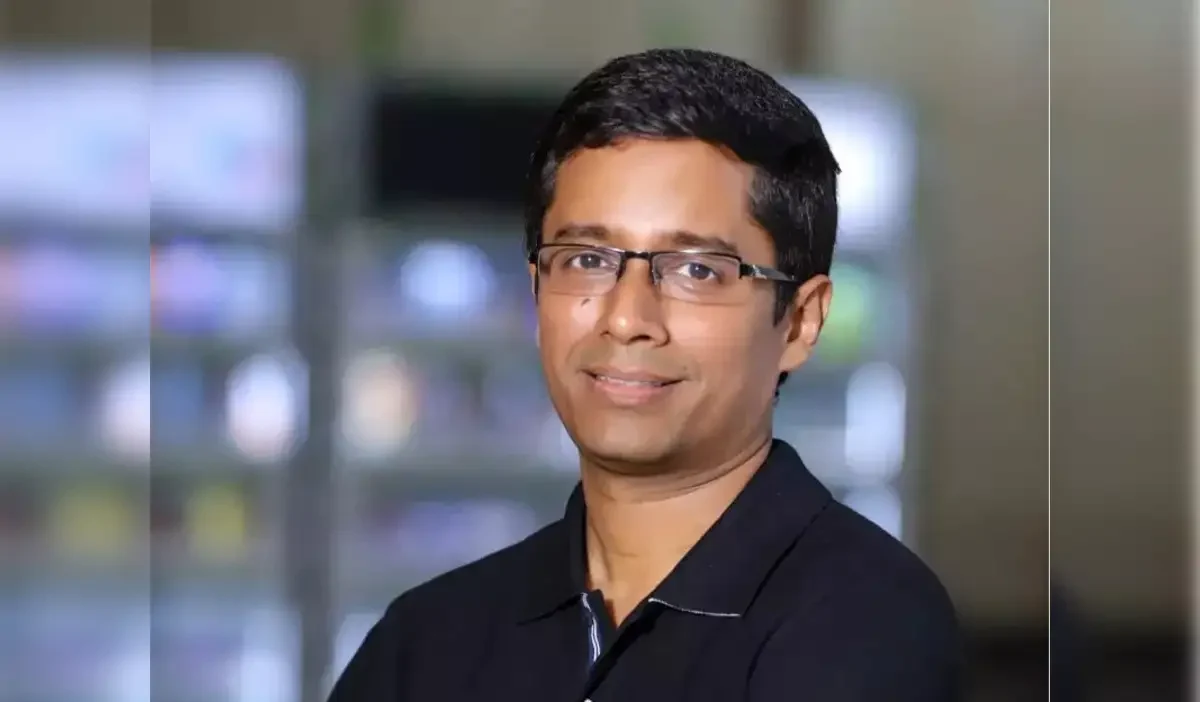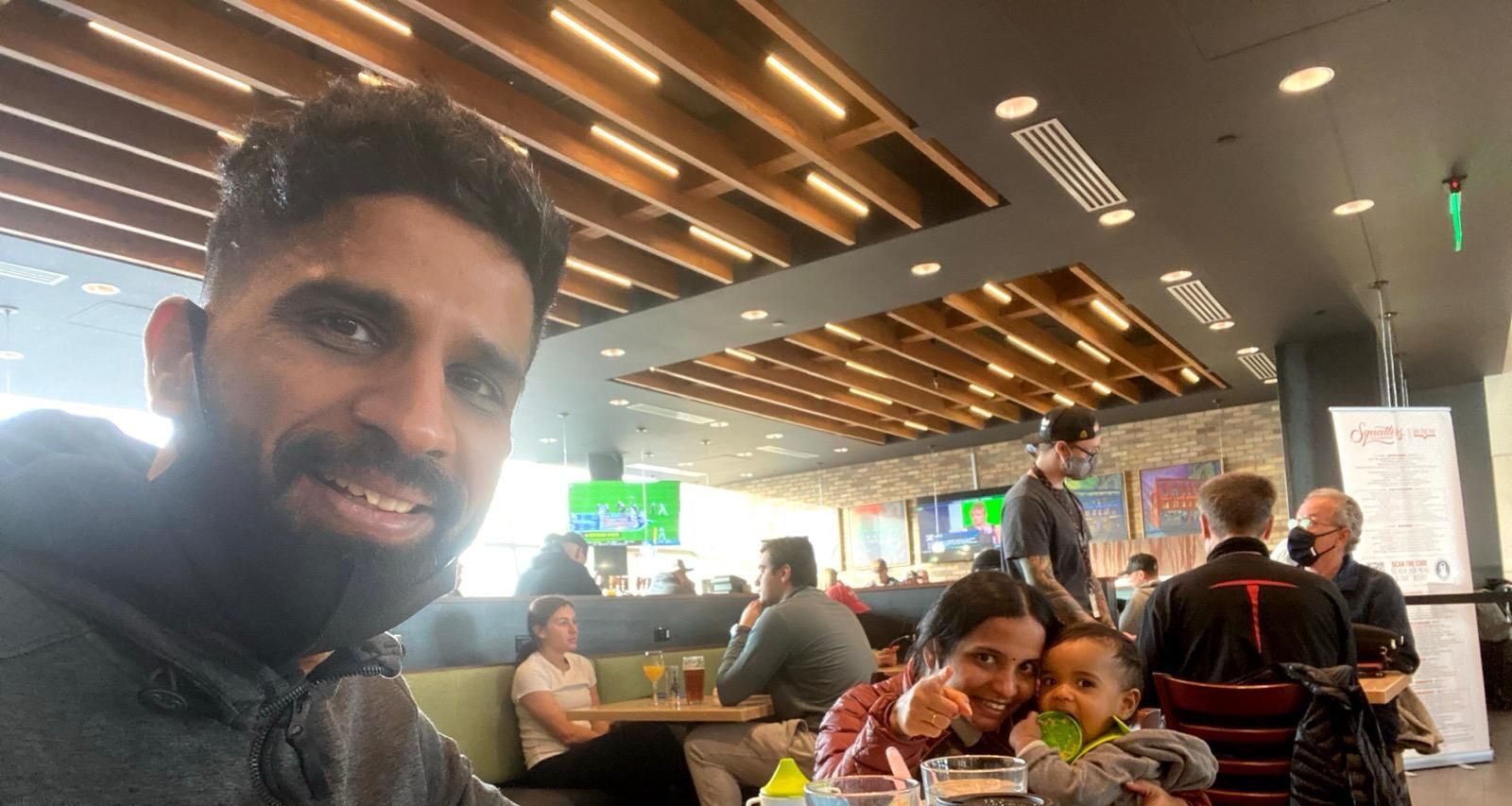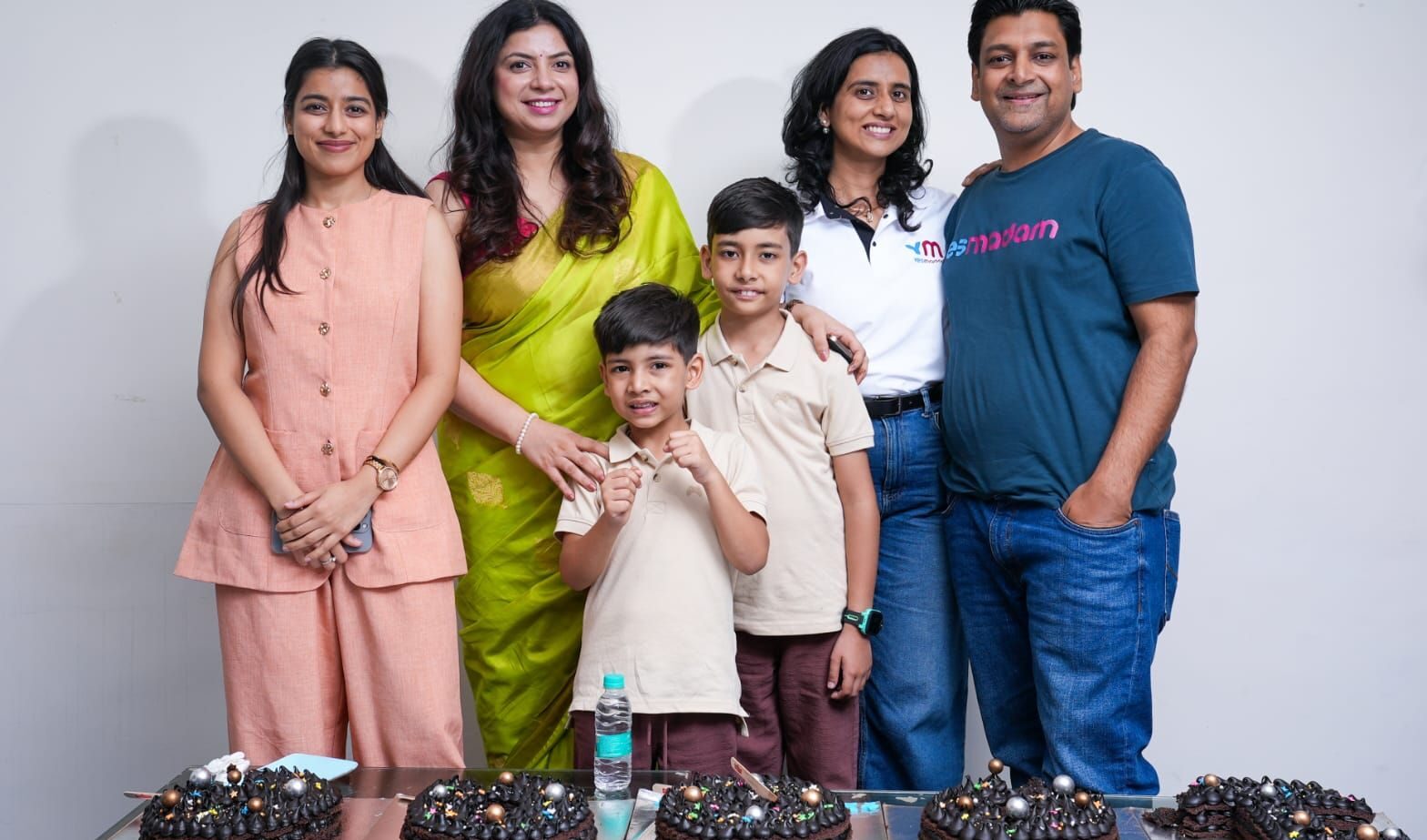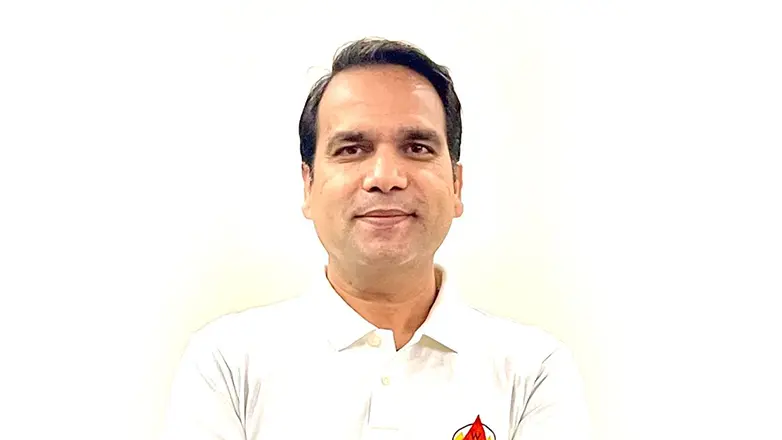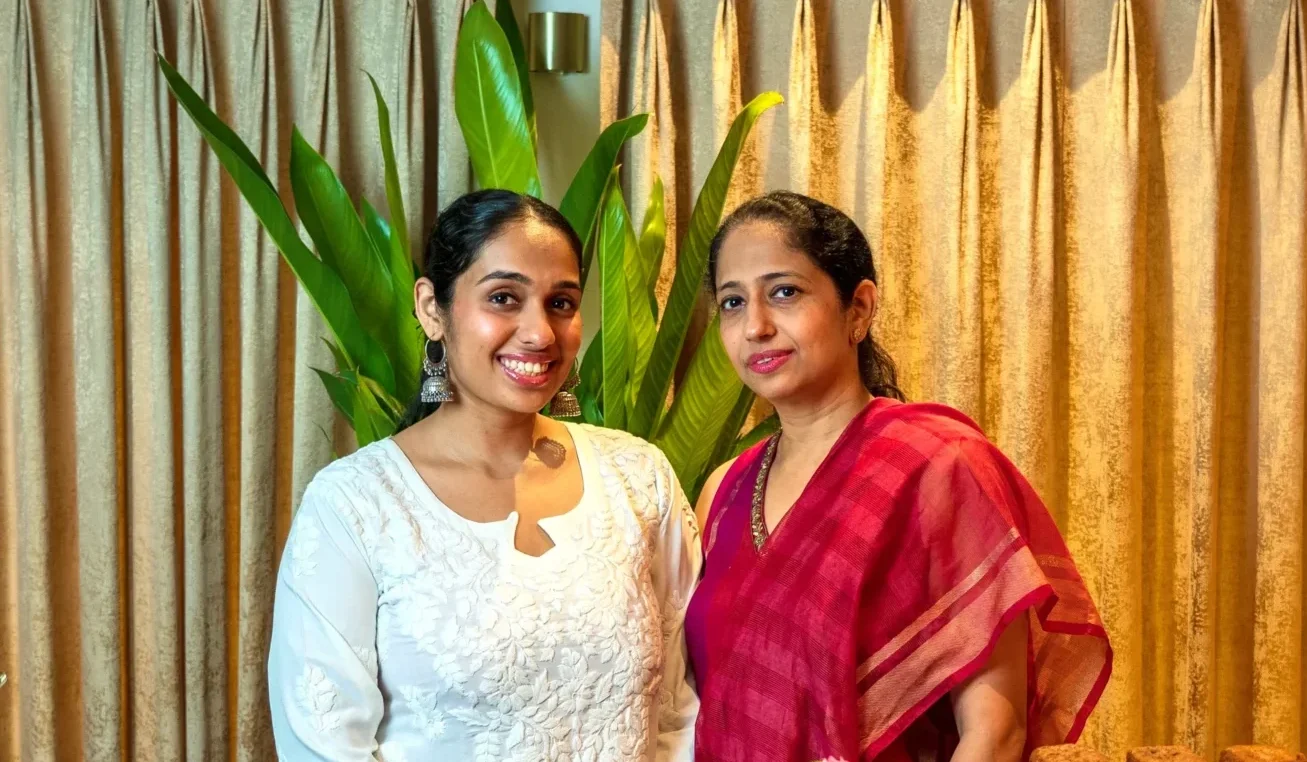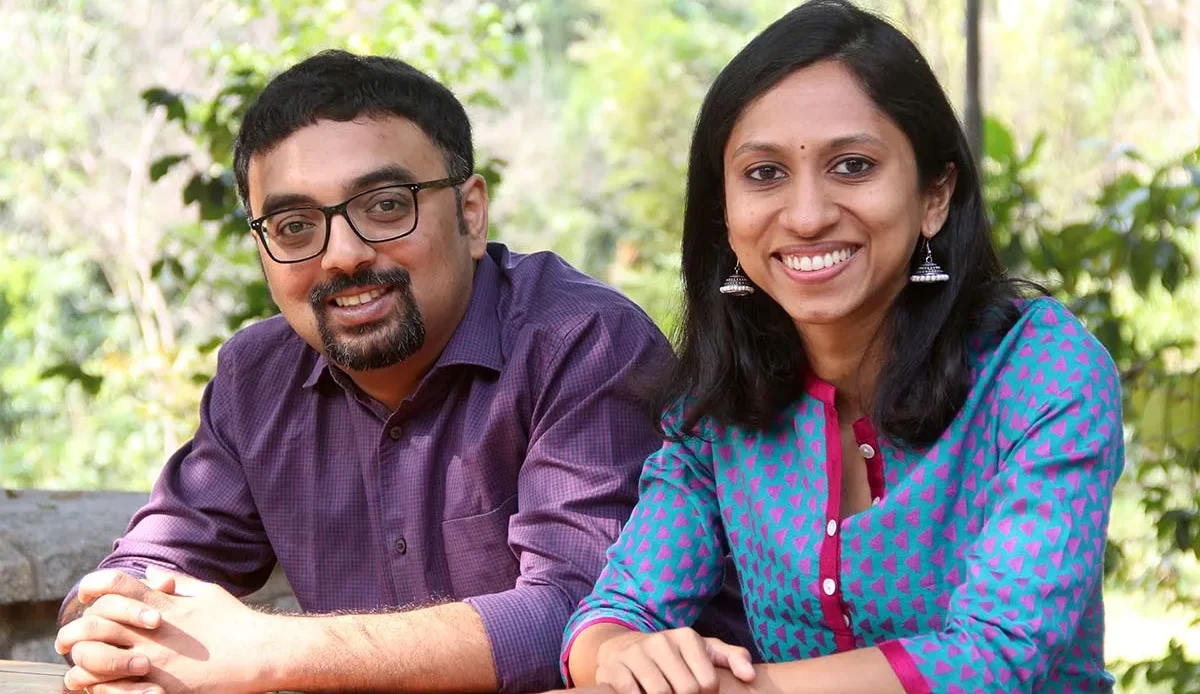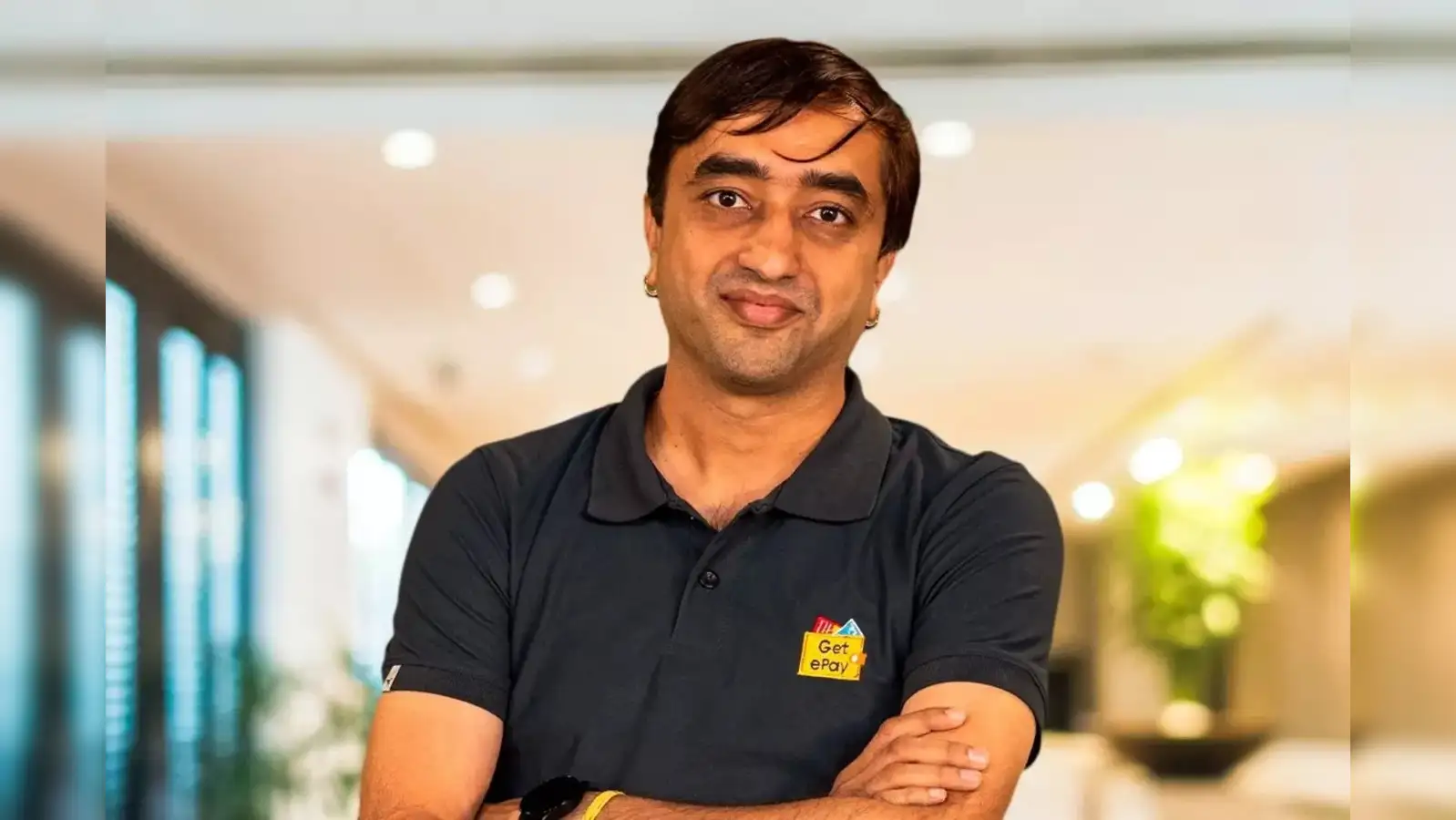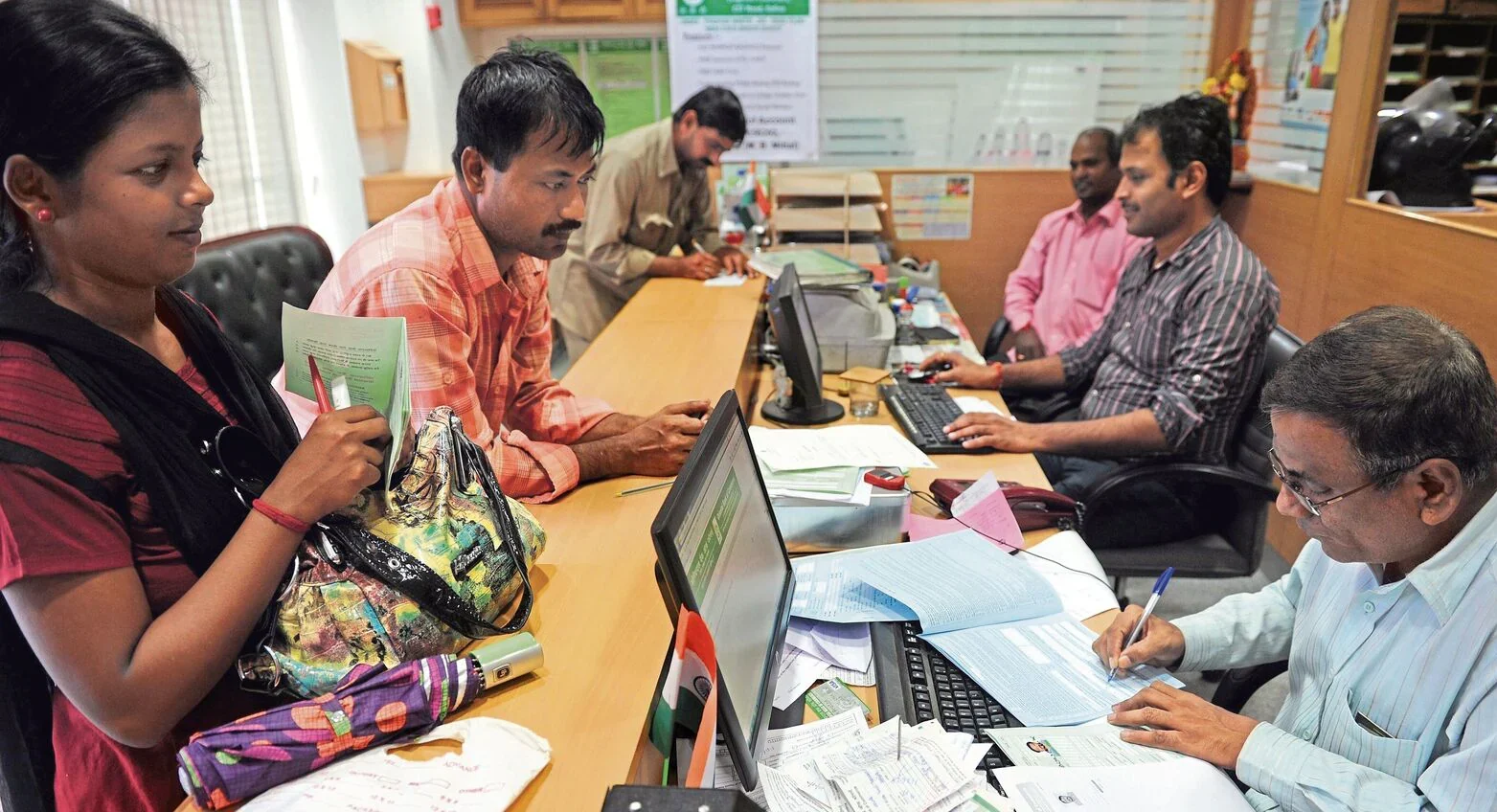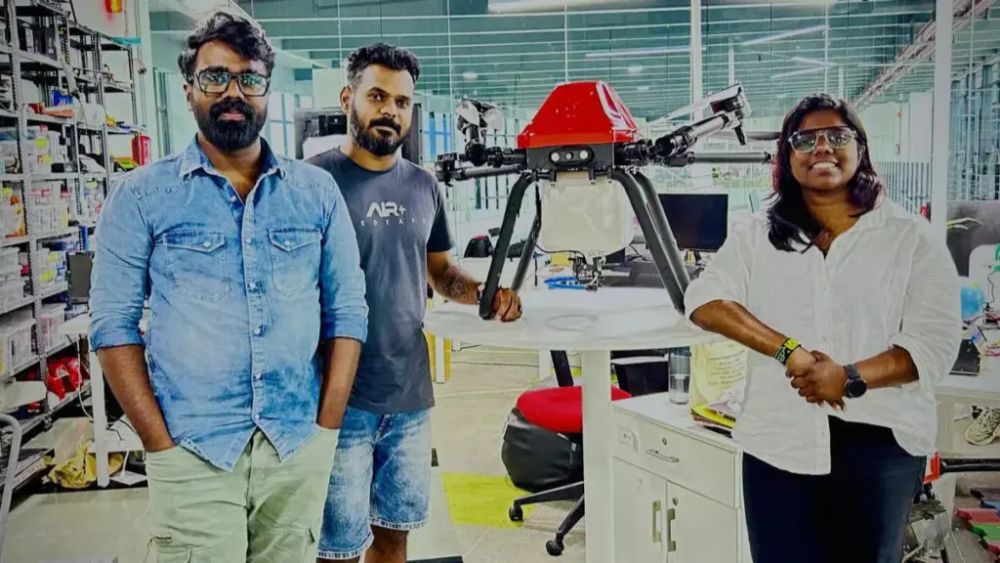In the digital world where every generation is occupied with fast-moving content and reduced attention spans, there is a storyteller who chose a different path, one that moves slowly, lingers deeply, and leaves a mark on the heart. Neelesh Misra, a journalist, lyricist, storyteller, and social entrepreneur, doesn’t just narrate stories; he revives, reconnects, and reimagines narratives that matter.
The Early Life
Misra was born in 1973 in Lucknow and raised amidst the tranquil heights of Nainital, where his creativity took flight and he absorbed words like seeds in fertile soil. Neelesh’s early years were steeped in stories of land and people, instilling in him the rhythm of lived narratives.
According to him, initially, his father, who was a geologist-turned-social-educator, exposed him to the realities of rural India. That was the very reason why he chose journalism as a career.
While working with Hindustan Times, he travelled to the frontlines of insurgency in Kashmir, the conflict zones of South Asia, and the overlooked corners of India’s heartland in search of stories that matter. As a Deputy Executive Editor at HT, he received two Ramnath Goenka Excellence Awards and the K.C. Kulish Memorial Award for his work.
The Lyrical Journey to Bollywood
Although journalism gave him a platform that satisfied his ‘need to inform’, he was on a never-ending quest to find a medium to ‘connect’, and this quest led him to Mumbai, where he had the chance to meet the renowned filmmaker Mahesh Bhatt.
This meeting was a turning point in his career as he bagged an offer to write a song for one of his movies. The famous song Jadu Hai Nasha Hai was from his pen; later, he also wrote songs for movies like Woh Lamhe, Once Upon a Time in Mumbai, Bodyguard, and Ek Tha Tiger.
His words, often drenched in longing and nostalgia, carried the same intimacy as his later stories.
The Birth of Yaadon ka Idiot Box
While he was in Bollywood, his storyteller spirit was calling him, and that’s when he started Yaadon ka Idiot Box on Big FM. For many, it wasn’t just a program but a night ritual. According to the listeners, that slow narration of stories was a way to find peace after a day full of hustle.
One of his fictional series of stories, “Yaad Sheher” – the City of Memory, he wove tales of love, loss, and hope that transcended geography and age.
Many listeners wrote in to say his stories helped them through heartbreak, depression, and loneliness. For Misra, this was proof that storytelling wasn’t just entertainment; it was healing.
Building Platforms that Connect Two Indias
Determined to connect rural India to the urban and to create platforms for the storytellers, he created The Mandali, a collective of writers he mentored. Together, they built a body of short fiction that carried the scent of small towns, the pulse of everyday life, and the quiet dignity of ordinary people.
Later, in 2012, he founded Gaon Connection, India’s first and largest rural media platform. The aim was to fight the fake news and document rural innovation; with time, this platform has become a lifeline for stories that rarely make national headlines.
Preserving Culture through Slow Movement
In a call to embrace simplicity, authenticity, and unhurried living, Mishra launched The Slow Movement. Through the SLOW app, “Slow Interviews,” and long-form storytelling, he invites audiences to step away from noise and reconnect with meaning.
In an era dominated by instant gratification and fleeting digital trends, the Slow Movement stands as a quiet rebellion. At its heart is Neelesh Misra, a storyteller who believes that true connection comes not from speed, but from depth. His vision goes beyond nostalgia; it’s about preserving cultural roots while making them relevant in today’s world.
Neelesh Misra- The Custodian of Memory
Misra, who started his journey as a journalist but found his true calling in storytelling, is more than just a voice on the radio or a name in film credits. He is a custodian of memory, a bridge between rural and urban India, and a mentor to countless young creatives.
In his own words: “Stories are how we make sense of life. If you listen carefully, they can heal you.”
Read More: Self-Taught Kota Designer Stuns with Handcrafted Rajputi Poshak









